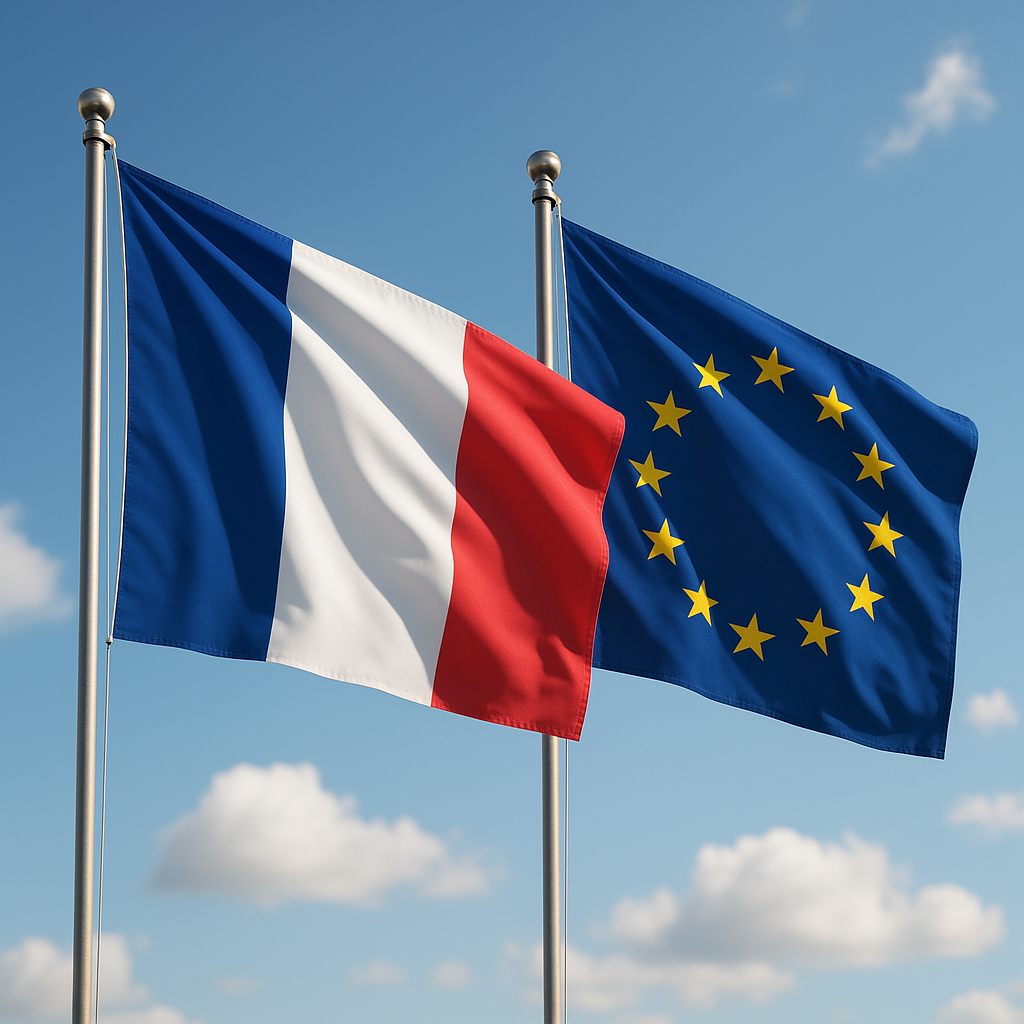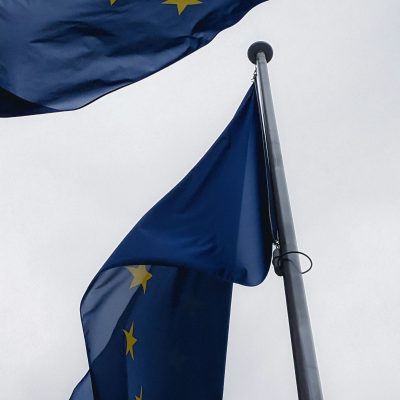The European debate in France at the start of the French presidency
Notre Europe is accustomed to publishing, at the start of each European Union presidency, an overview of the debate on Europe in the country assuming that responsibility. This European tour of collective representations of our common “unidentified political object”, fascinating in itself, also provides a valuable insight into understanding the stance underlying each presidency.

FOREWORD BY JACQUES DELORS
It is now France’s turn, and there are two problems in dealing with this country. Firstly, it was covered by Notre Europe early in 19981, and there can be no question of repeating what was said then. Secondly, few countries in Europe indulge in debate for its own sake as much as ours. Identifying what is truly meaningful in the sound and fury of editorials and public clashes presents even more of a challenge in France than elsewhere. I am therefore very grateful to Jean-Louis Arnaud, who has long collaborated with Notre Europe, for having accepted it.
In doing so, he took the clear option of addressing the way the political issues have evolved rather than the debate among intellectuals, which had already been remarkably analysed by Laurent Bouvier in a previous study. And admittedly, recent years have been characterised by the emergence of European issues in national politics rather than any real deepening of the intellectual debate. From the European election campaign in 1999 to the recent exchanges triggered by Joschka Fischer’s speech, the newest developments have undeniably been the end of the taboo on federalism and the increasing defence of sovereignist viewpoints.
This contrasting trend, which cuts across most of France’s political groups, can be interpreted in very different ways. It raises the hope that our country will be able to fulfil a historic mission and, by having reflected in good time on the shape of an enlarged European Union, will succeed in restoring the continent’s unity while preserving the momentum of the European political project. But it also raises the risk of new misunderstandings. General words such as “federation”, “constitution” and “subsidiarity” could prove to be no more than a new label for traditional ideas, and lead to the premature celebration of insufficiently founded historic alliances. I am therefore grateful to Jean-Louis Arnaud for having subjected these new political issues to pitiless scrutiny.
No-one will have emerged unscathed from the exercise… I would no doubt have been more reserved and less even-handed with my “yellow cards”. The fact remains that, in France, policy delivery on Europe still falls too far short of the demand clearly shown by all indicators for there not to be perfectly good reason to ensure that what is in the bottle conforms to its label… In so doing, our author has not just taken stock of the various ideas on offer, but has taken an eager part in the debate under way. I am happy to have played a part in starting it.





